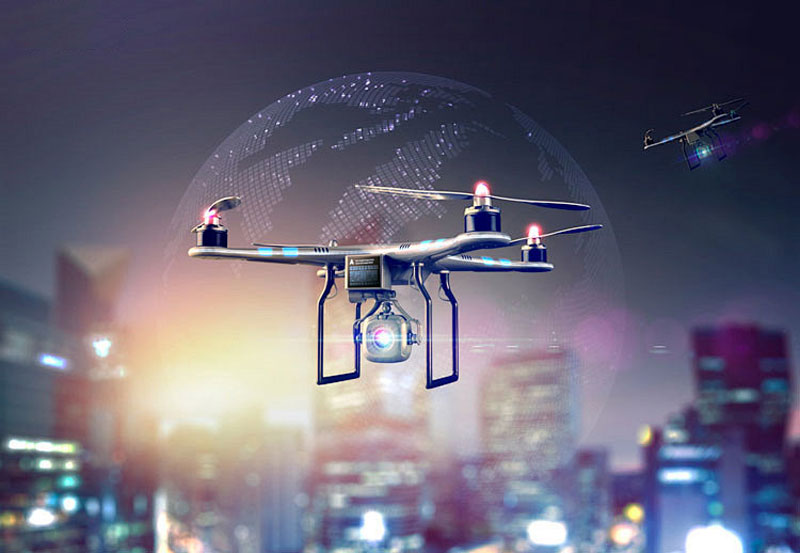Drone inspections have become a transformative force in various industries, offering a significant leap in efficiency and precision. As businesses strive to optimize operations, innovative techniques in drone inspections are increasingly being leveraged to enhance productivity, safety, and cost-effectiveness.
Understanding Drone Inspections
Drone inspections refer to the use of unmanned aerial vehicles (UAVs) to examine and assess structures, landscapes, and equipment. These drones, equipped with high-resolution cameras and sensors, provide real-time data and visual insights, allowing for detailed analysis without the inherent risks of manual inspections.
Benefits of Drone Inspections
The utilization of drone inspections offers numerous benefits.
- Enhanced Safety
- Cost Savings
- High Efficiency
- Improved Data Collection
: By replacing humans in potentially dangerous situations such as climbing tall structures or entering hazardous environments, drones drastically reduce the risk of accidents.
: Drones minimize the need for scaffolding, lifts, and other expensive equipment typically required for inspections. This significantly cuts down operational costs.
: Drones can cover large areas swiftly and provide rapid data collection, drastically shortening the time required for inspections.
: With advanced imaging technologies, drones can capture detailed and accurate visual data that informs better decision-making.
Innovative Techniques in Drone Inspections
As technology advances, so do the methodologies applied in drone inspections. Here are some cutting-edge techniques:
Thermal Imaging: This technique allows drones to detect heat variations, revealing potential problems such as electrical issues or leaks that are invisible to the naked eye.
3D Mapping: Drones can create detailed three-dimensional models of an area or structure, enabling precise measurements and assessments that are invaluable for industries like construction and agriculture.
Artificial Intelligence Integration
: By employing AI, drones can autonomously identify abnormalities and predict maintenance needs, thus facilitating proactive management strategies and reducing downtime.
Incorporating AI into drone inspections enhances the analysis of data gathered during flights, providing insights that were previously unattainable.
Applications Across Industries
Drone inspections have found applications across multiple sectors.
- Construction: Drones assist in site surveys, safety inspections, and progress monitoring, making project management more efficient.
- Energy and Utilities: Inspecting power lines, wind turbines, and solar panels with drones results in quicker and safer operations.
- Agriculture: Drones provide insights into crop health, soil conditions, and irrigation practices, enabling precision agriculture.
- Infrastructure: Bridges, roads, and tunnels benefit from regular inspections, significantly aiding maintenance efforts.


Challenges and Considerations
Despite their advantages, drone inspections come with challenges that need addressing.
- Regulatory Compliance: Operators must adhere to aviation regulations, often requiring specific licenses and adherence to privacy laws.
- Weather Dependency: Adverse weather conditions can limit drone operations, influencing scheduling and data accuracy.
- Data Management: The significant amount of data collected requires efficient storage and analysis systems.
Future Trends in Drone Inspections
The evolution of drone inspection technology continues to hold potential for groundbreaking advancements. Innovations such as swarm technology, where multiple drones cooperate to perform complex tasks, and further enhancements in sensor capabilities are set to redefine the limits of what drones can achieve.
FAQ
- Are drone inspections cost-effective? Yes, drones often lead to cost reductions by eliminating the need for expensive equipment and human labor for certain tasks.
- Can drones operate in any weather condition? While drones are versatile, they are subject to limitations in extreme weather conditions, such as heavy rain or strong winds.
- Is specialized training required to operate inspection drones?
 Operators typically require training and certification to meet regulatory standards and ensure safe and effective drone operations.
Operators typically require training and certification to meet regulatory standards and ensure safe and effective drone operations.
